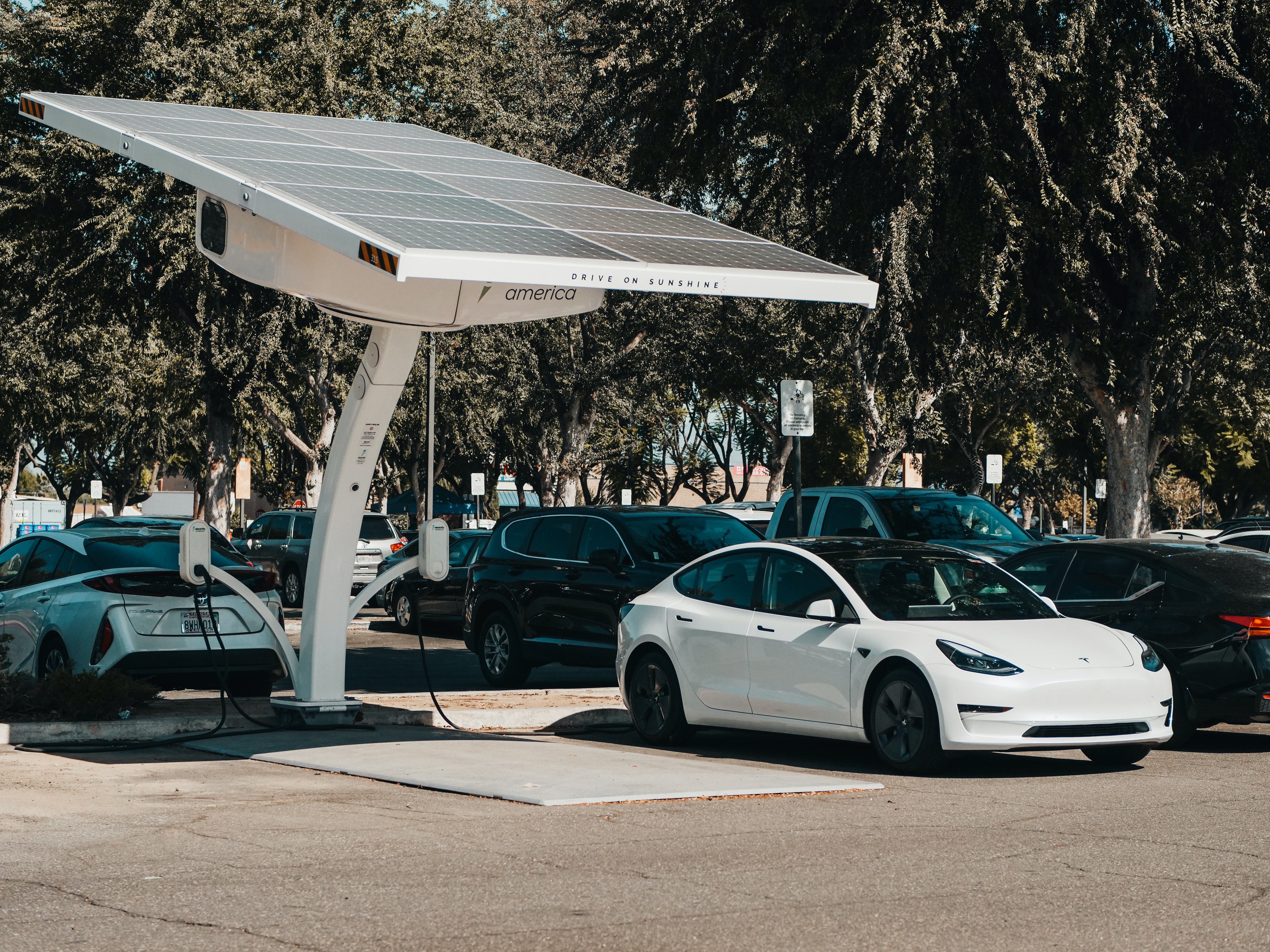
With so many places to go and so many people and things to move, buying a car has become a necessary part of our lives. Purchasing a new car can be a thrilling experience, but it also requires careful planning and thoughtful decision-making. Amid the shiny exteriors, plush interiors, and the latest high-tech features, you will need to weigh various factors to ensure your new car is the right fit. This article will guide you through five essential considerations when choosing a new car.
1. Your Budget
The first and perhaps the most crucial factor to consider is your budget. You should determine a realistic and comfortable price range that will not put a strain on your finances. Remember, the price tag of the car is just the beginning. The total cost of ownership includes expenses such as insurance, registration, taxes, fuel, maintenance, and even parking fees. There will also be potential financing costs and interests if you plan to take out a loan.
2. Traditional vs. Electric
With so much advancement in technology, electric vehicles (EVs) are fast becoming more popular and accessible. The advantages of electric cars include savings on fuel costs, lower maintenance expenses, and sometimes tax incentives. They are also much better for the environment as they produce no exhaust emissions and can be powered by renewable energy sources. However, EVs require access to charging infrastructure and have shorter ranges—although this is improving rapidly with advancements in battery technology.
Meanwhile, traditional vehicles have a typically lower initial cost and they offer a more extended driving range on a single tank of fuel. Refueling is quick and gas stations are readily available, making them traditional vehicles convenient for long-distance or rural driving. However, they have higher running costs due to fuel prices, require regular maintenance like oil changes, and contribute to a large percentage of greenhouse gas emissions—especially when it comes to gas-guzzlers like SUVs.
If you choose to go with a traditional gasoline-powered car, fuel efficiency should be a major consideration. Gasoline prices can be volatile and high, so a car that gets good gas mileage can save you a considerable amount of money in the long run. When comparing cars, check their miles-per-gallon (MPG) ratings; the higher the number, the more fuel-efficient the car is. In addition to EVs, there are also hybrid vehicles on the market that offer better fuel efficiency than traditional gasoline-powered cars.
3. New vs. Used
Another worthy consideration that can expand the range of cars within your budget is whether to buy a brand-new or used car. New cars offer several advantages such as the latest technology, pristine condition, full warranty coverage, customization options, and peace of mind. However, they also come with a higher price tag and suffer from rapid depreciation over the first few years.
Used cars, on the other hand, are significantly cheaper to buy than new cars—due to the same effect of depreciation—allowing you to get a higher-end model for less. However, the history of a used car may be uncertain, with potential hidden mechanical issues or the lack of a valid warranty. Maintenance costs are often higher, and the vehicle might not have the latest features or the fuel efficiency of newer models.
To make the right choice, consider factors such as your budget, appetite for risk, and desire for the latest features. Alternatively, a certified pre-owned vehicle can provide a middle ground, offering a thoroughly inspected, relatively new vehicle with an extended warranty.
4. Type of Vehicle
The type of vehicle you choose should align with your lifestyle and personal needs. Understanding how you will use the car most of the time will help you choose the appropriate vehicle type and ensure that it fits seamlessly into your daily routine.
For instance, if you have a large family, a minivan or family wagon is the perfect fit due to their ample passenger and cargo space. For city dwellers dealing with congested traffic and tight parking spaces, a compact car would be a more maneuverable option. If luxury, comfort, and high performance are your top priorities, you might lean towards premium sedans or sports cars. And those who enjoy off-road adventures will find four-wheel drive vehicles ideal.
5. Safety Features
With so many hazards on the road, safety features should be a top priority whether buying a new or used car. Modern vehicles come equipped with a range of safety features designed to protect you and your passengers. Basic safety features include anti-lock braking systems (ABS), traction control, and multiple airbags. However, many new cars also offer advanced driver-assistance systems (ADAS), such as automatic emergency braking (AEB), lane departure warnings, blind spot detection, and adaptive cruise control.
Use reputable sources like the National Highway Traffic Safety Administration (NHTSA) or the Insurance Institute for Highway Safety (IIHS) to research the safety ratings of your preferred car models and prioritize those with the best safety features within your budget.
Purchasing a new car is a significant investment that should not be taken lightly. Considering all the relevant factors will ensure that you make a well-informed decision that best suits your lifestyle and financial situation. Remember, while the process might seem time-consuming, carefully evaluating your options can help you find the perfect vehicle that brings you joy, safety, and convenience on the road!
